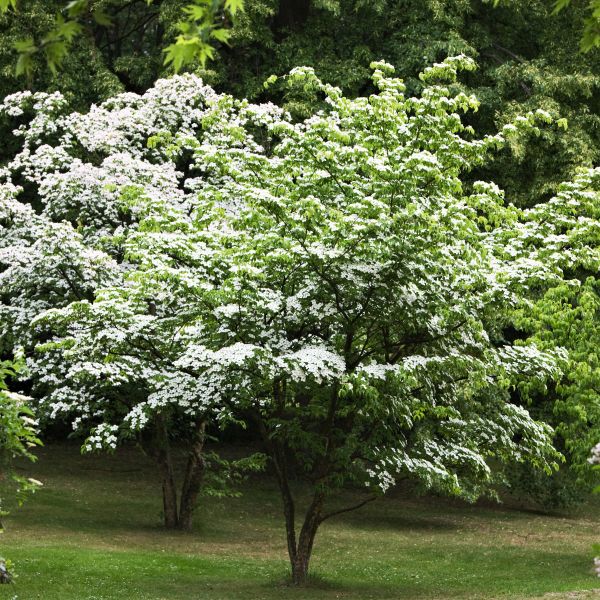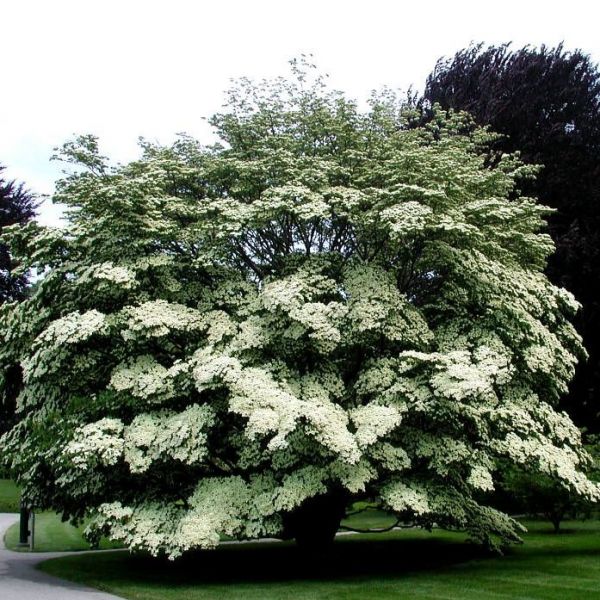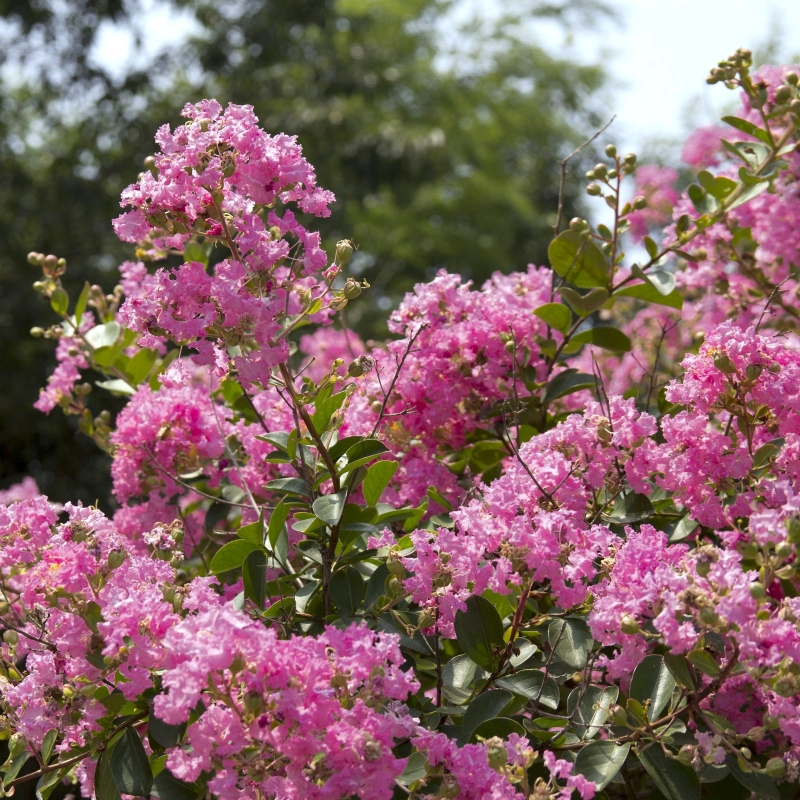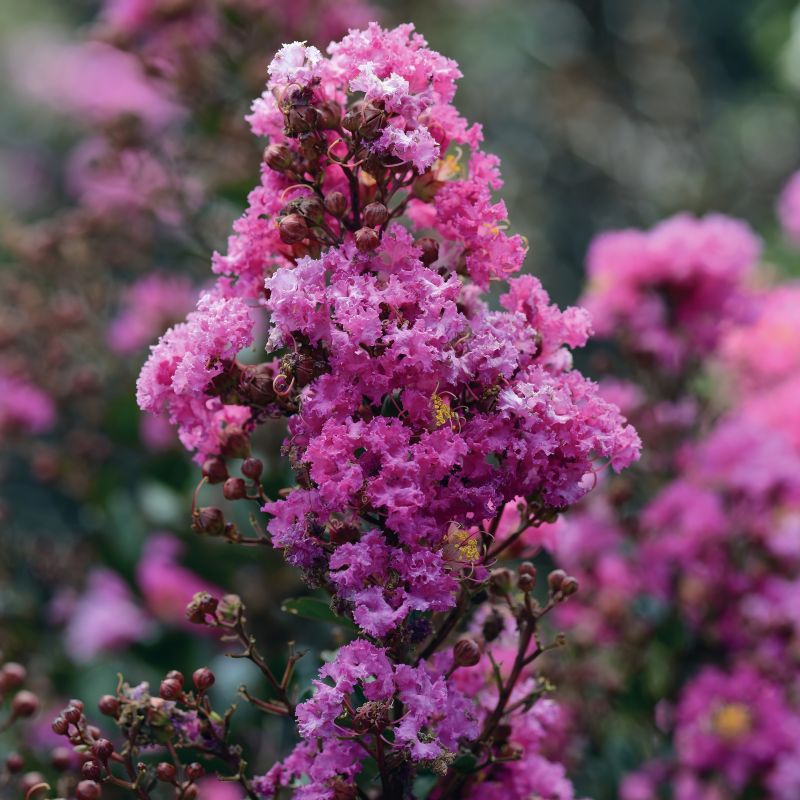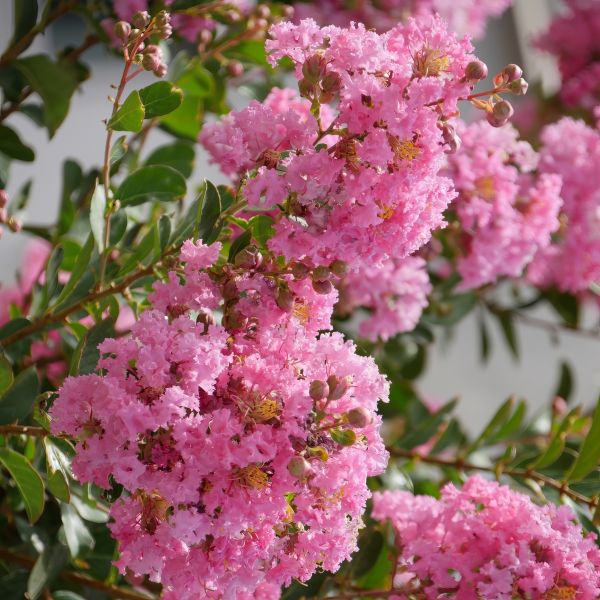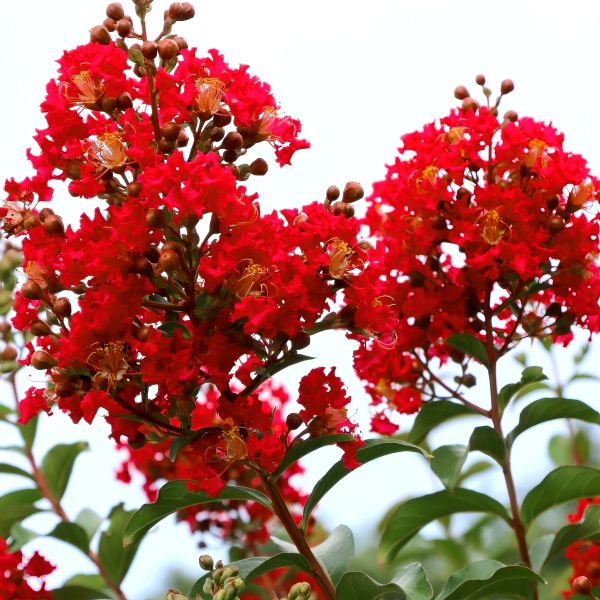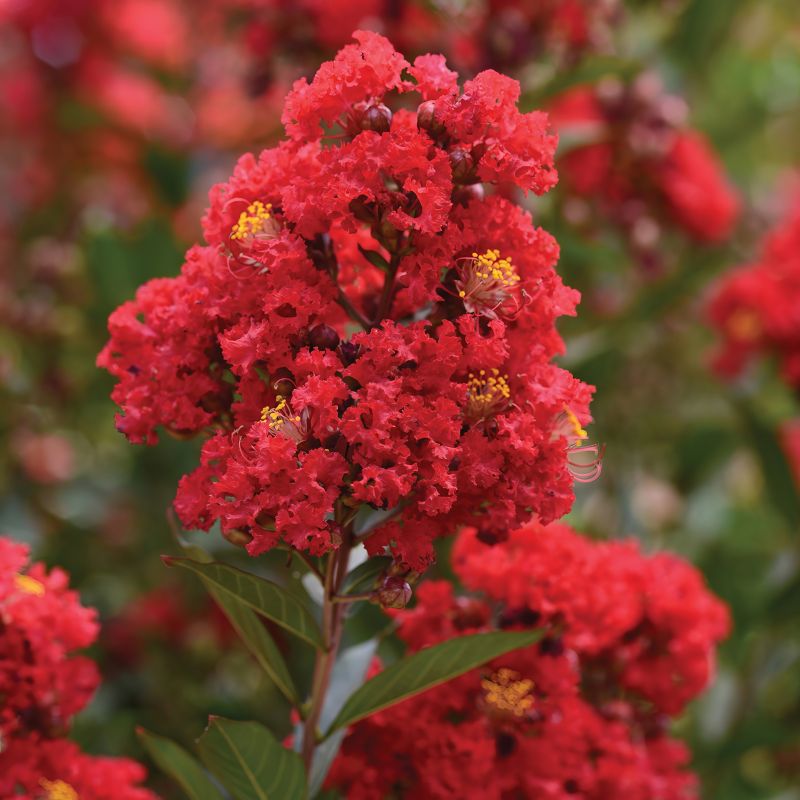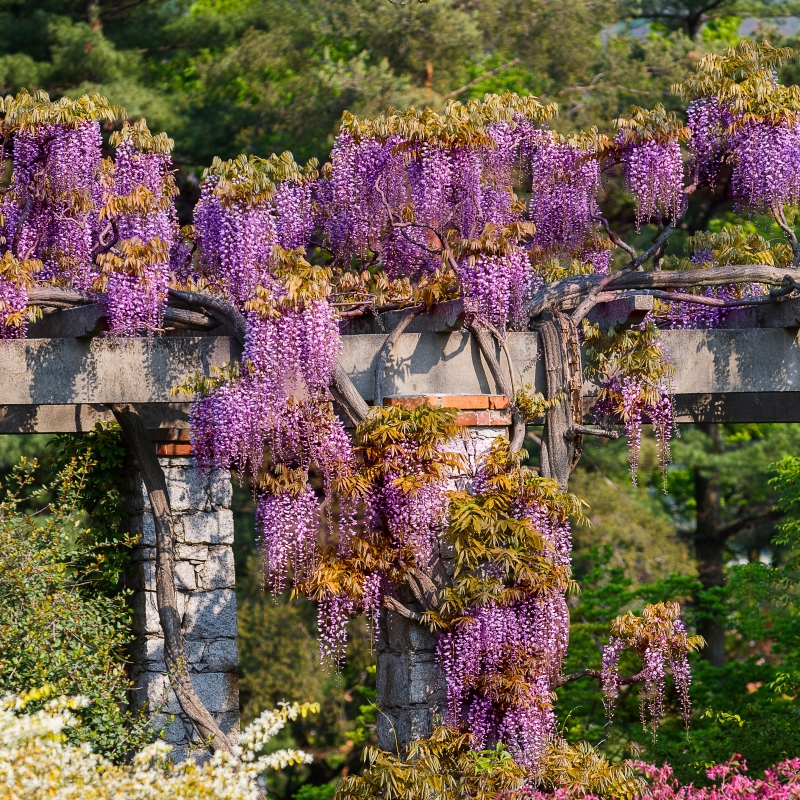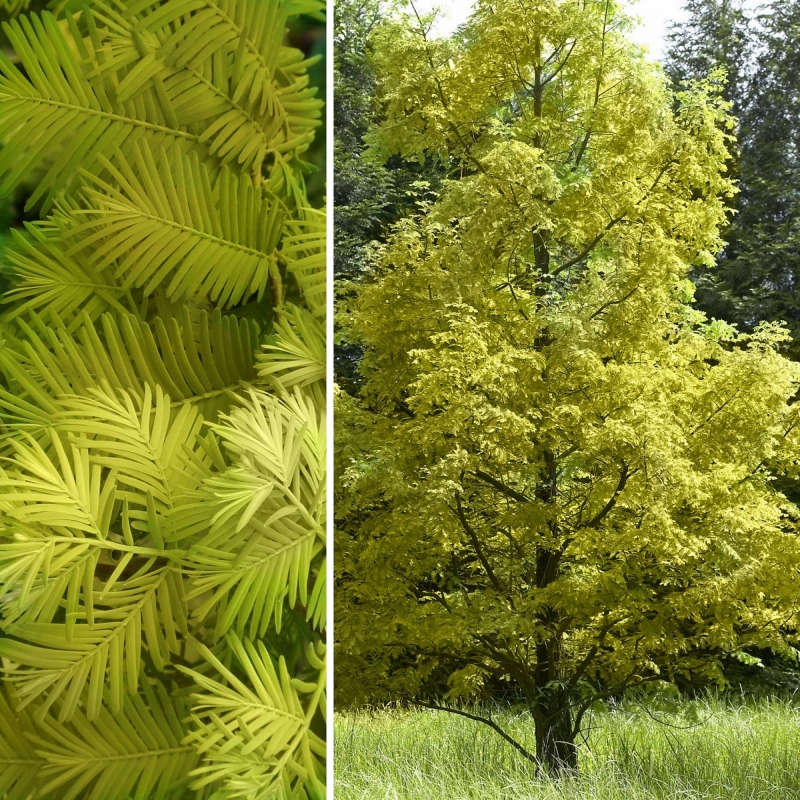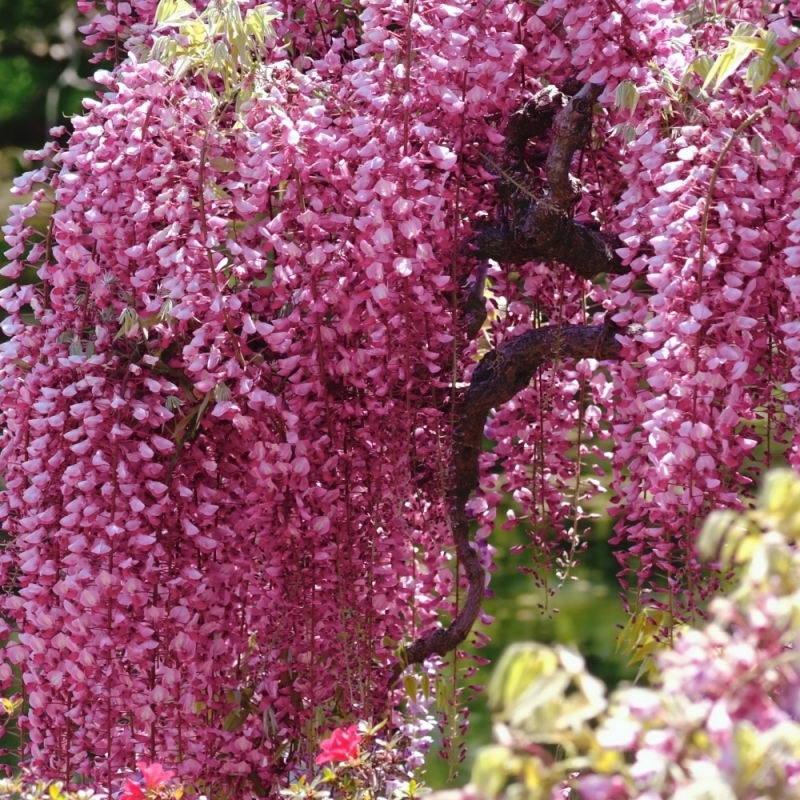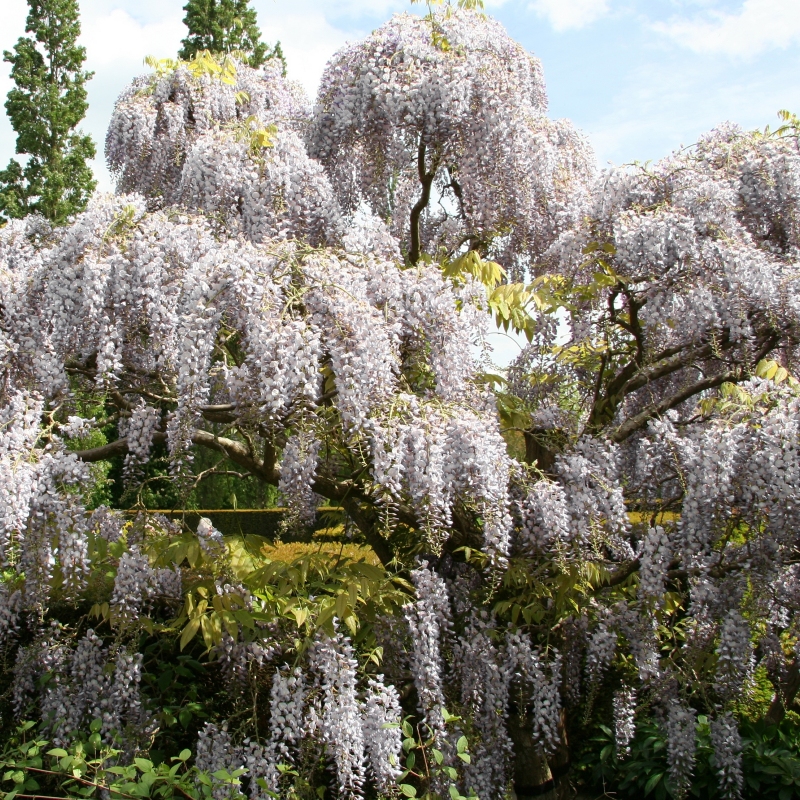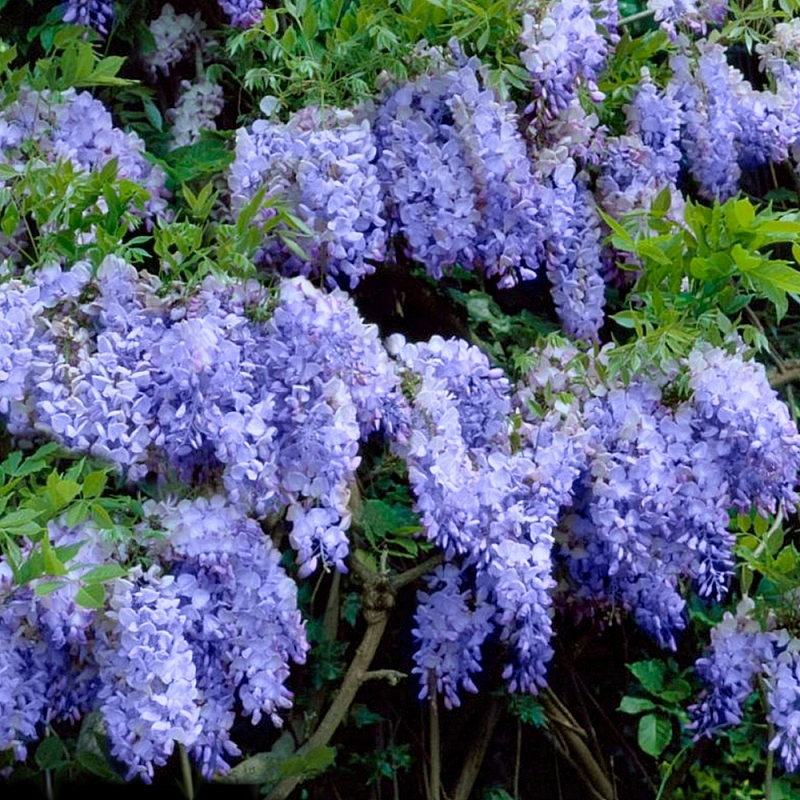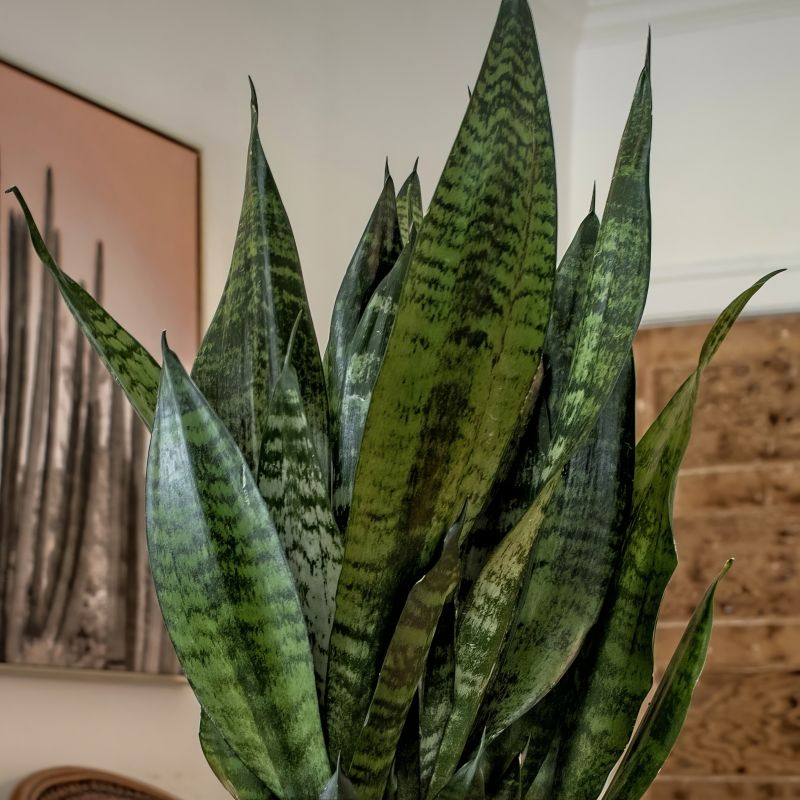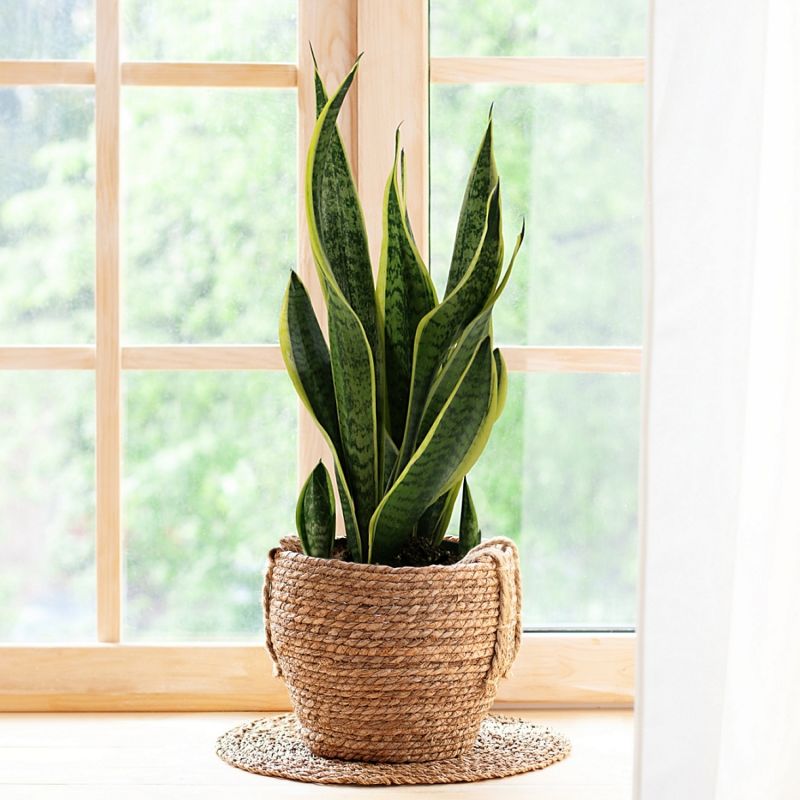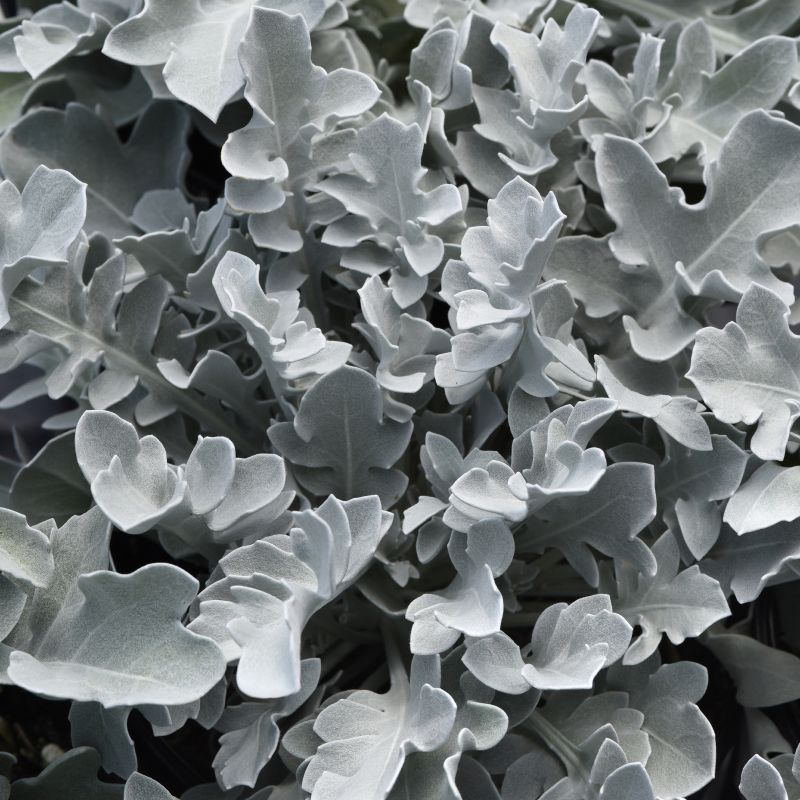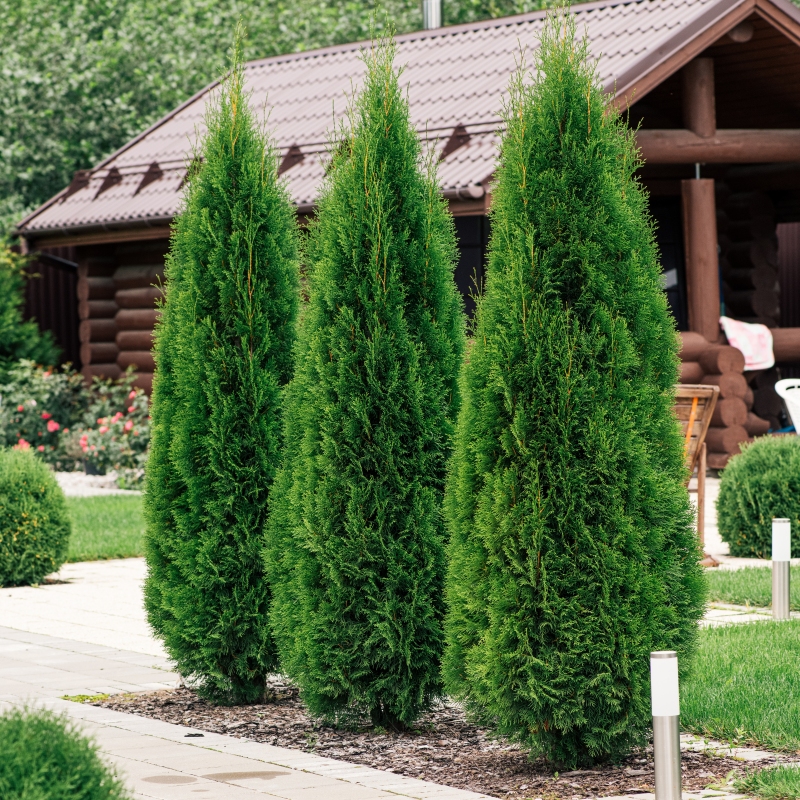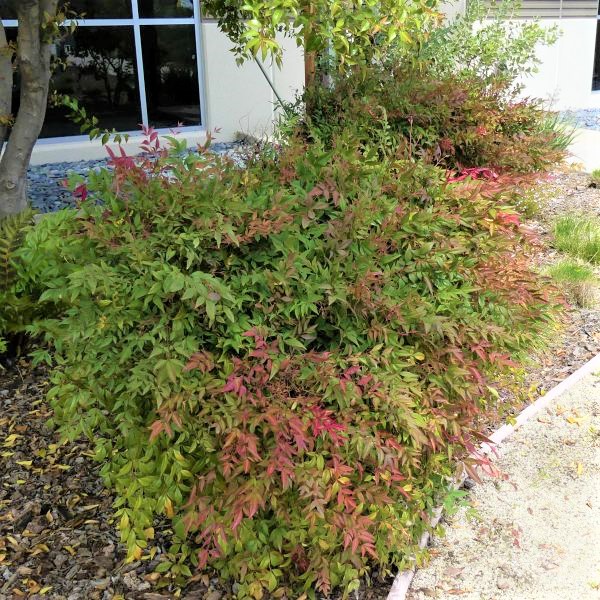

Kousa Dogwood
Cornus kousa
17 reviews


Kousa Dogwood
Cornus kousa
17 reviews
$70.00
$100.00
30% Off
- 1 Gallon
- 1.5 Gallon
- 3.5 Gallon 4-5 Feet
We are sorry, product is currently out of stock due to seasonal availability. Please check the "Related plants available in your area" section below
Why Kousa Dogwood?
Kousa Dogwood is a small, deciduous ornamental tree native to Asia. It is known for its showy, white or pinkish bracts that surround small, insignificant flowers in late spring. The fruit is edible and resembles a raspberry. It prefers well-drained soil and full to partial sun. Kousa Dogwood is popular for landscaping due to its attractive foliage and flowers, as well as its resilience to pest and disease issues.
Related plants available in your area
Sunlight
Kousa Dogwood requires full to partial sunlight, preferably receiving at least 6 hours of direct sunlight per day for optimal growth and flowering.
Watering
Kousa Dogwood generally requires regular watering, especially during dry periods. It is important to keep the soil consistently moist, but not waterlogged, and to avoid allowing the soil to completely dry out between waterings.
Fertilizing
Kousa Dogwood trees benefit from a balanced fertilizer applied in early spring, before new growth appears. A slow-release fertilizer with an NPK ratio of 10-10-10 or 14-14-14 is suitable. Avoid fertilizers high in nitrogen, as they can promote excessive le
Nothing says soothing, alluring, and delightful quite like kousa dogwoods.
With their year-round glamor and seasonal bursts of colors, these flowering dogwoods effortlessly take center stage in your outdoor space. Just like a great masterpiece on display, the Chinese dogwood (Cornus kousa) shows off a distinctive type of beauty for each season.
In spring, adorned with four petal-like, star-shaped creamy white bracts, the flowering dogwood fashions an eclectic outdoor space by blanketing your garden with a most dreamy, angelic glow. The beauty of these dogwood trees lingers come summer. The dark green leaves not only create a full-of-life summer garden but also provide homeowners with a shady getaway where they reconnect with nature and let go of their worries.
From the vibrancy and joy of the summer to the elegance of the fall foliage, the plant shares an interesting experience with every homeowner. Once fall is around the corner, it throws a spectacular show, displaying a wide array of shades, from purple and scarlet to fiery red and deep pink.
In addition to this exceptional beauty, kousa dogwood produces olive-shaped, pinkish-red fruits. Further beautifying the tree, these berries grow like drops of romantic charm, attracting birds and squirrels.
Winter is no different from any of these seasons. Even though the leaves drop like any other tree, the delicate beauty of the kousa dogwood remains, portrayed in its scaly bark.
Native to China, Japan, and Korea, this flowering dogwood ornamental tree grows up to 15 to 30 feet tall and wide, thrives best in full sun to partial shade, prefers loamy, moist, and well-drained soil, and nearly fits into any spot due to its shallow root system.
Give your yard a four-season visual appeal with the kousa dogwood. Order yours now!
Plant Information:
| Botanical Name: | Cornus kousa |
| USDA Zones: | 5-8 |
| Water: | Moderate |
| Exposure: | Full Sun |
| Soil Needs: | Widely Adaptable |
| Mature Height: | 20 - 30 feet |
| Mature Spread: | 20 - 30 feet |
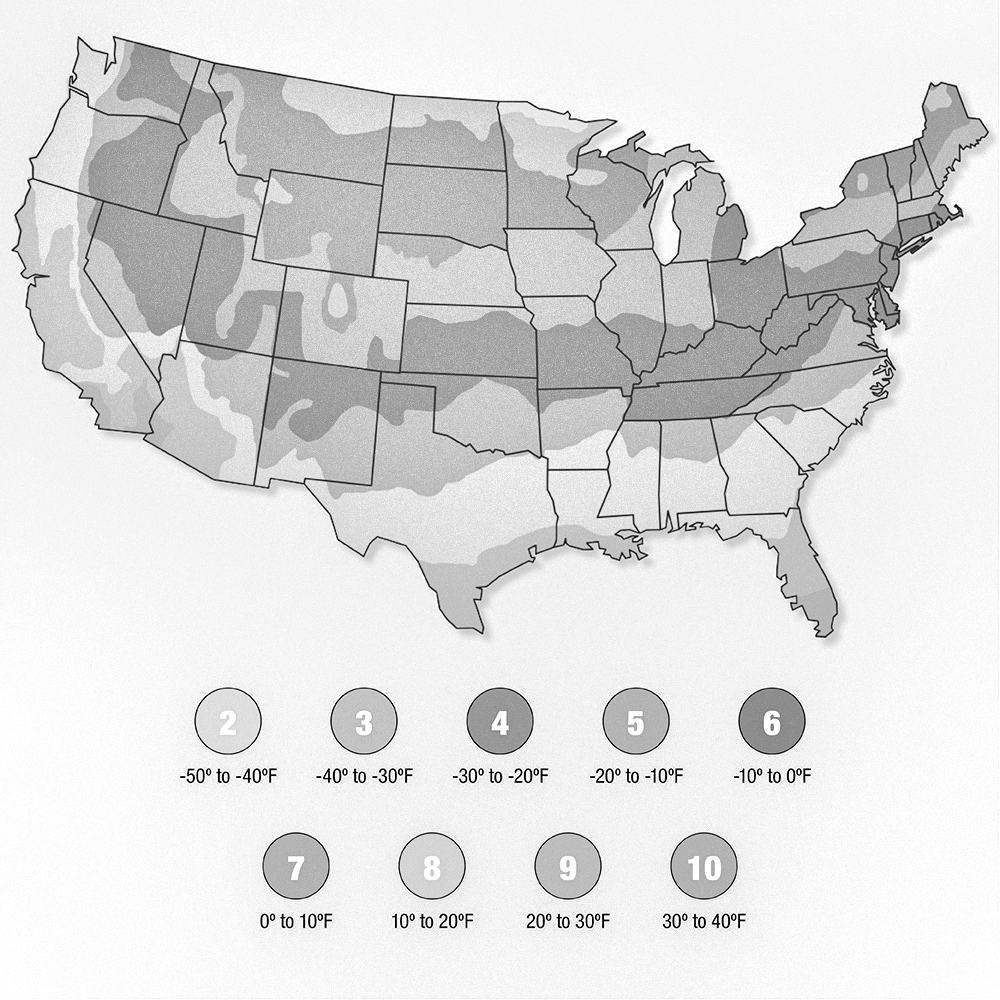
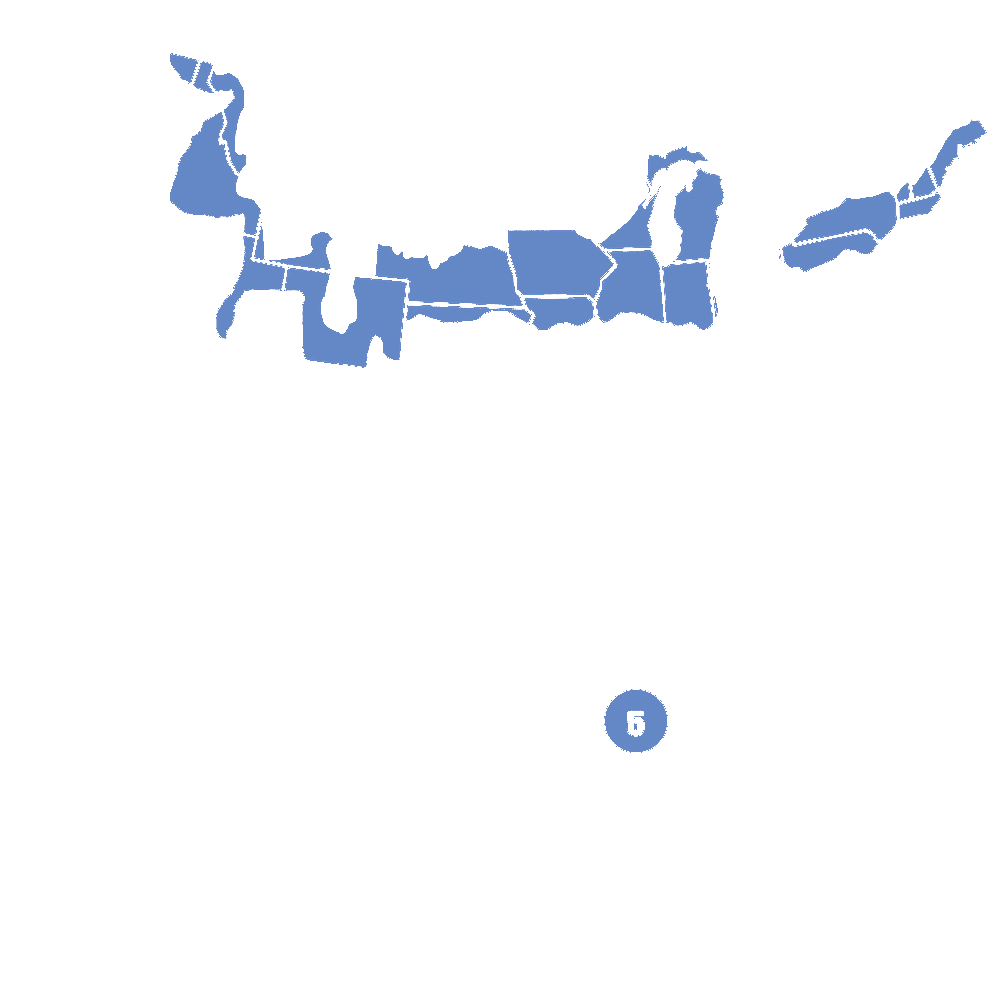
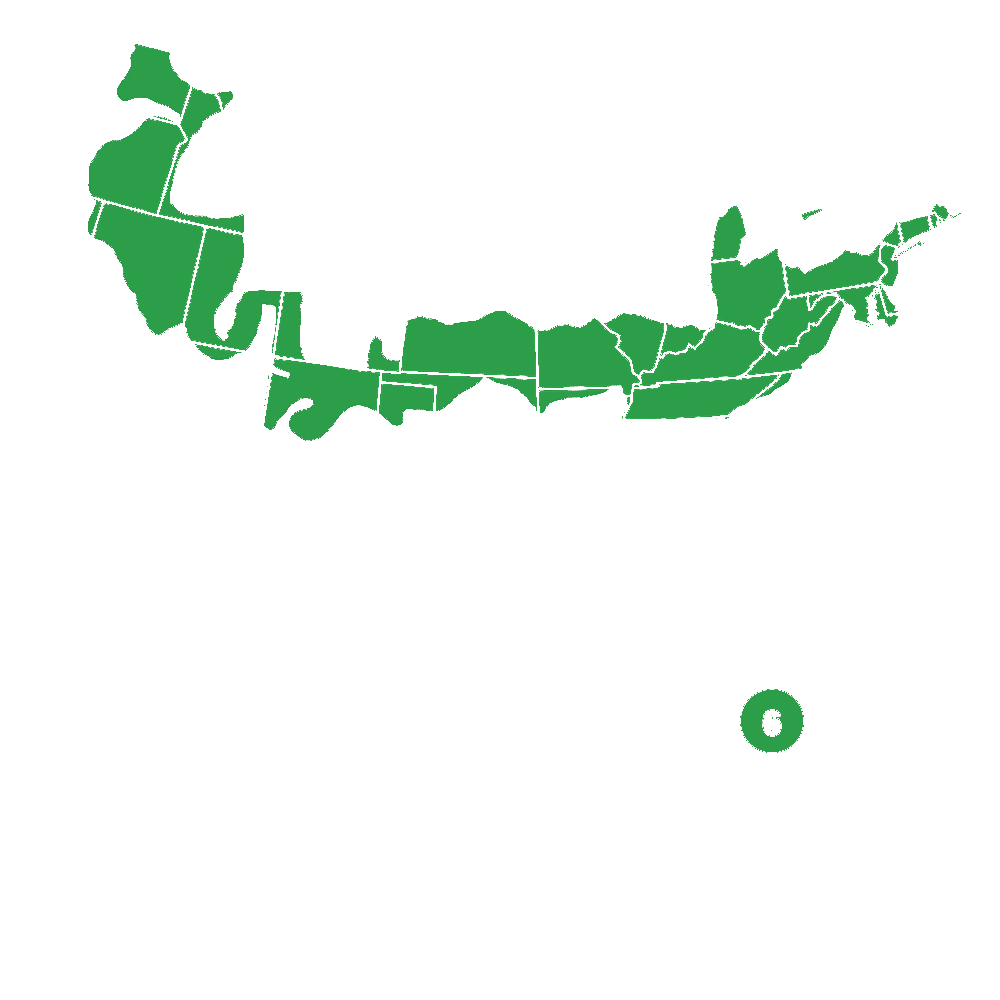
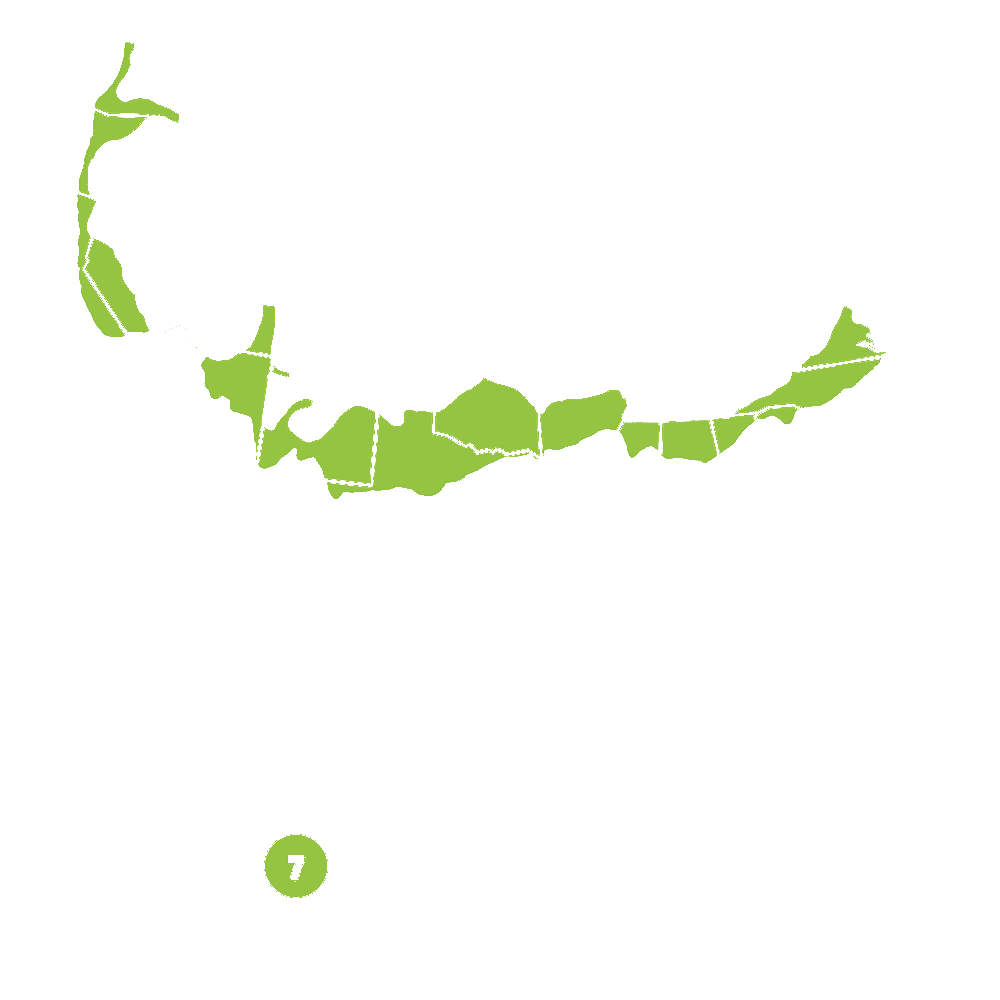
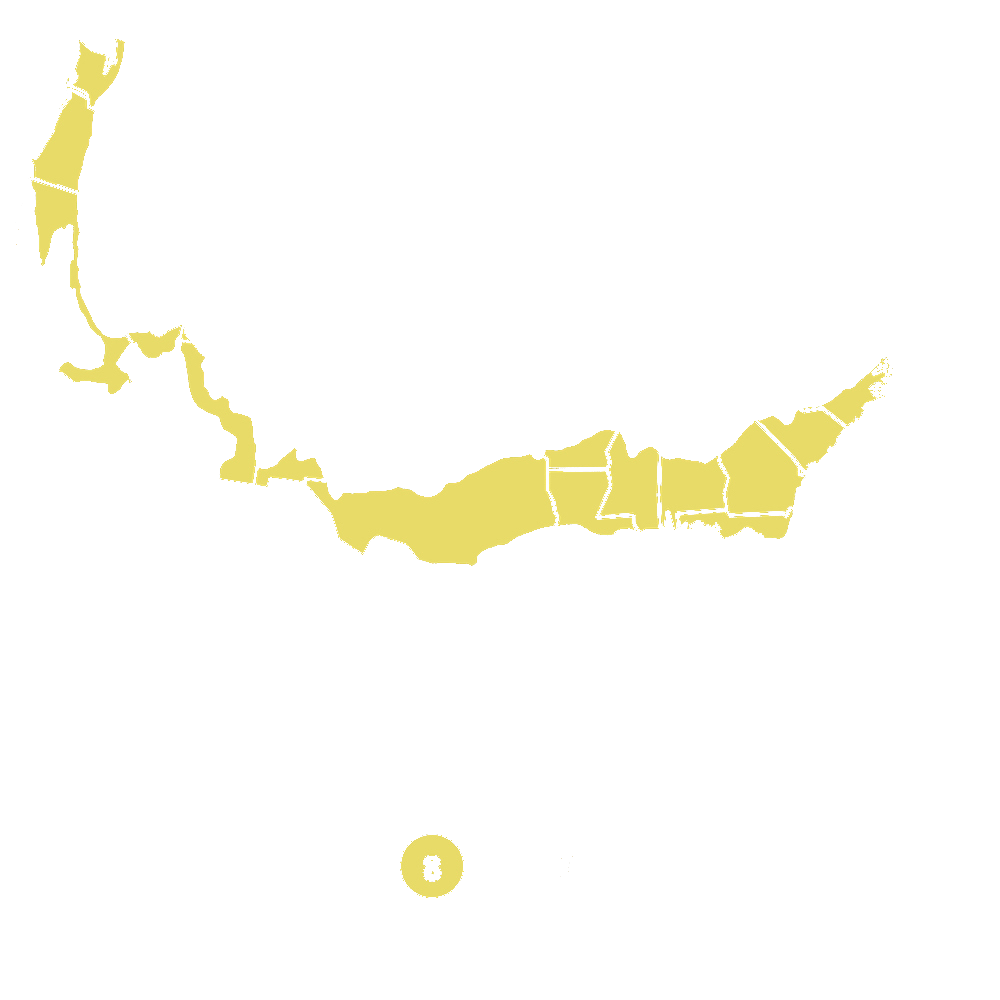
Pollination Info
Kousa dogwood (Cornus kousa) is a small deciduous tree or large shrub native to eastern Asia. It is widely planted for its showy white or pink flowers and colorful red fruits. The plant is pollinated by bees and other insects, which transfer pollen from the male flower parts (anthers) to the female flower parts (stigma) to fertilize the egg cells.
Pollination mechanism
The flowers of Kousa dogwood are small and arranged in dense clusters (inflorescences) on the branches. Each individual flower has four white or pink petals and four green sepals surrounding a central cluster of yellow anthers and a single stigma. The anthers produce pollen, which is transferred to the stigma by insects when they land on the flower to collect nectar or pollen. The stigma, in turn, receives the pollen and transports it to the ovary where fertilization occurs.
Pollination agents
The primary pollinators of Kousa dogwood are bees, including honeybees, bumblebees, and solitary bees. Other insect pollinators include wasps, flies, and butterflies. These pollinators are attracted to the flowers by their bright colors, sweet nectar, and strong fragrance. The flowers bloom in late spring or early summer and are most attractive to pollinators during sunny, warm weather.
Effect of pollination on fruit production
Kousa dogwood produces small, edible red fruits (drupes) in late summer or early fall. These fruits ripen and are ready for harvest about 4-6 weeks after pollination. If the flowers are not pollinated, the fruits will not develop and will fall off the tree prematurely. Therefore, proper pollination is essential for fruit production in Kousa dogwood.
Cross-pollination
Kousa dogwood can be cross-pollinated with other varieties of dogwood, such as Cornus florida, which is native to North America. Cross-pollination can increase genetic diversity and lead to the development of new cultivars with desirable traits.
FAQ
Kousa Dogwood (Cornus kousa) FAQ
What is a Kousa Dogwood?
A Kousa Dogwood is a small to medium-sized deciduous tree that is native to Japan, Korea, and China. It is known for its showy white or pink flowers in the spring and its strawberry-like fruits in the summer.
How tall does a Kousa Dogwood grow?
A Kousa Dogwood can grow to be 15-30 feet tall and wide at maturity.
What are the growing conditions for a Kousa Dogwood?
A Kousa Dogwood prefers well-draining soil with a neutral to slightly acidic pH, and partial to full sun exposure. It can also tolerate some shade.
When do Kousa Dogwoods bloom?
Kousa Dogwoods typically bloom in late May to early June.
What do Kousa Dogwood flowers look like?
Kousa Dogwood flowers are star-shaped and come in shades of white or pink. They have four to seven bracts that surround the actual flower.
When do Kousa Dogwood fruits ripen?
Kousa Dogwood fruits ripen in late summer to early fall.
What do Kousa Dogwood fruits taste like?
Kousa Dogwood fruits are edible and have a sweet, tropical flavor similar to a mango or pineapple.
How do I propagate a Kousa Dogwood?
Kousa Dogwoods can be propagated by seeds or cuttings. Seeds should be stratified (cold treated) before planting, and cuttings should be taken from semi-hardwood in the summer and treated with hormone rooting powder.
Are Kousa Dogwoods susceptible to any diseases or pests?
Kousa Dogwoods can be susceptible to anthracnose, powdery mildew, and root rot. They may also be affected by borers, scale, and leaf miners. Proper maintenance and care can help prevent these issues.
Planting & Care
Planting and Care for Kousa Dogwood (Cornus kousa)
Planting
The Kousa Dogwood is best planted in the spring or fall, but can also be planted in the summer as long as it is well watered. Follow these steps for successful planting:
- Choose a location with well-draining, moist, and acidic soil (pH 5.5-6.5) that receives partial shade or full sun.
- Dig a hole twice as wide and as deep as the root ball of the plant.
- Add organic matter such as compost or peat moss to the soil and mix well.
- Place the plant in the hole at the same depth as it was in the container or nursery.
- Backfill with soil and press firmly around the plant.
- Water thoroughly to settle the soil.
- Mulch around the base of the plant with 2-3 inches of organic material to retain moisture and suppress weeds.
Care
With proper care, your Kousa Dogwood will thrive:
- Water regularly, especially during the first year after planting. Keep the soil moist but not waterlogged.
- Fertilize with a balanced fertilizer in early spring before new growth begins.
- Prune in late winter or early spring to maintain the desired shape and remove any dead or diseased branches.
- Protect from pests and diseases such as powdery mildew, borers, and scale insects.
- Monitor for signs of stress such as wilting or discoloration and address promptly.
Check Out These Verified Customer Reviews:
Customer Reviews
4.6 out of 5 based on 17 reviews
Thank you! Your review has been submitted.
Impressed with the overall condition.
Impressed with the quality of the Kousa Dogwood. It's thriving in my garden.
Received my Kousa Dogwood quickly and in perfect condition. Couldn't be happier!
Item has been added to your cart.



